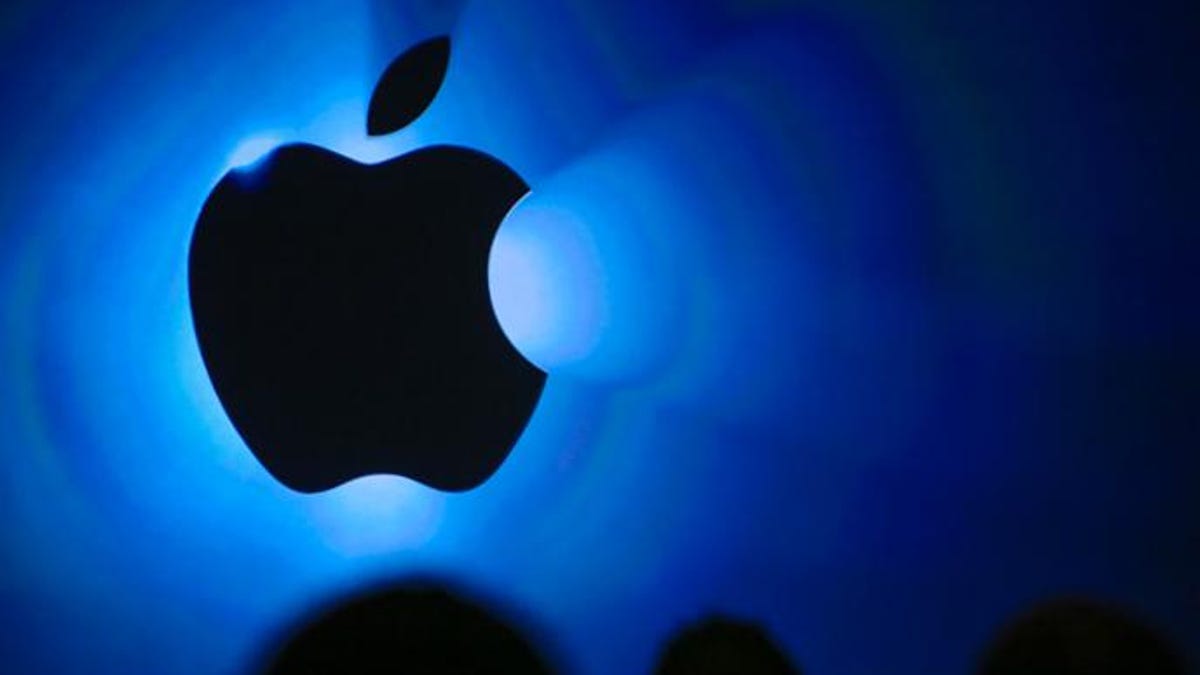Feds might have tool to break into latest iPhone
Israeli-based Cellebrite, a security contractor to US law enforcement agencies, reportedly has a way to unlock almost any iPhone.

A security contractor to the US government may be able to unlock almost any Apple iPhone, Forbes reported Monday.
It's a potentially huge breakthrough for law enforcement, which has fought with Apple in the past about unlocking devices from suspected criminals. But it could also create a major privacy issue for Apple customers.
The security vendor, Israel-based Cellebrite, is used by several US law enforcement agencies, including the FBI and Immigration and Customs Enforcement, to unlock mobile devices, according to Forbes. The ability to crack into one of Apple's iOS devices is key for law enforcement officials, who often criticize the company and others for their iron-clad encryption.
The article cites unnamed sources who say Cellebrite has been telling customers that its engineers have the ability to skirt the security of Apple devices running iOS 11. That version of Apple's operating system, available on its latest iPhone X and iPhone 8 smartphones, was released in September and offers new features designed to make it harder for forensic experts to hack into iPhones.
Apple and Cellebrite declined CNET's request for comment.
Forbes notes that Cellebrite hasn't officially announced its new capabilities, but sales representatives have been advertising them to law enforcement officials and private forensic firms around the globe, according to its sources. Without offering specifics, the company states in its marketing material that it's capable of unlocking most iPhones and Android devices.
"Cellebrite Advanced Unlocking Services is the industry's only solution for overcoming many types of complex locks on market-leading devices," its marketing material states. While Cellebrite boasts its own capabilities, it's unclear what kind of information it's able to extract from the latest iOS devices, if any.
The news comes two years after Apple got into a legal tussle with the Department of Justice over breaking into the phone of one of two suspected terrorists in a mass shooting in San Bernardino, California. Apple refused to help in unlocking the device and was taken to court by the government. A federal judge in the case ordered Apple to help unlock the phone. But before Apple was forced to comply with a court order, the FBI announced it had successfully unlocked the device with the help of a third party. That third party is believed to have been Cellebrite.
The FBI spent $900,000 on that digital break-in. It was an expensive receipt for a search that discovered "nothing of real significance," according to CBS News.
While that legal battle between Apple and the FBI may have been cut short, it spurred further debate over privacy and security. Technology companies and digital-rights groups argue that strong encryption, which scrambles data so it can only be read by the right person, is needed to keep people safe and to protect privacy. Law enforcement argues it can't fight crimes unless it has access to information on mobile devices.
First published on Feb. 26 at 11:30 a.m. PT.
Update at 12:14 p.m. PT: Adds Cellebrite declining comment.
The Smartest Stuff: Innovators are thinking up new ways to make you, and the things around you, smarter.
Blockchain Decoded: CNET looks at the tech powering bitcoin -- and soon, too, a myriad of services that will change your life.



